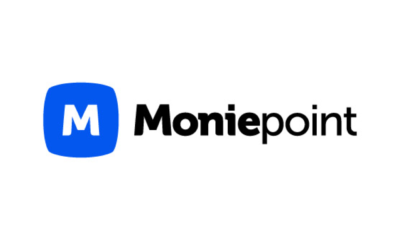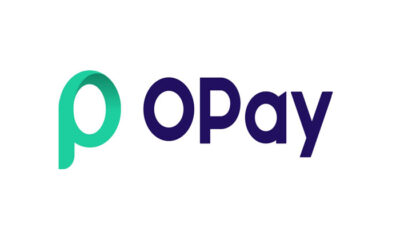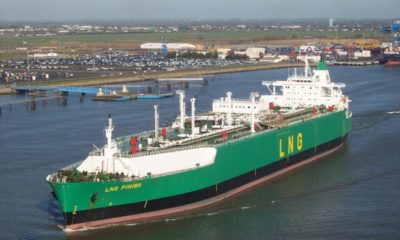Oil prices maintained a steady stance in the global market as signals of strengthening demand in the United States provided support amidst ongoing geopolitical tensions.
Brent crude oil, against which Nigerian oil is priced, holds at $82.79 per barrel, a marginal increase of 4 cents or 0.05%.
Similarly, U.S. West Texas Intermediate (WTI) crude saw a slight uptick of 4 cents to $78.67 per barrel.
The stability in oil prices came in the wake of favorable data indicating a potential surge in demand from the U.S. market.
An analysis by MUFG analysts Ehsan Khoman and Soojin Kim pointed to a broader risk-on sentiment spurred by signs of receding inflationary pressures in the U.S., suggesting the possibility of a more accommodative monetary policy by the Federal Reserve.
This prospect could alleviate the strength of the dollar and render oil more affordable for holders of other currencies, consequently bolstering demand.
Despite a brief dip on Wednesday, when Brent crude touched an intra-day low of $81.05 per barrel, the commodity rebounded, indicating underlying market resilience.
This bounce-back was attributed to a notable decline in U.S. crude oil inventories, gasoline, and distillates.
The Energy Information Administration (EIA) reported a reduction of 2.5 million barrels in crude inventories to 457 million barrels for the week ending May 10, surpassing analysts’ consensus forecast of 543,000 barrels.
John Evans, an analyst at PVM, underscored the significance of increased refinery activity, which contributed to the decline in inventories and hinted at heightened demand.
This development sparked a turnaround in price dynamics, with earlier losses being nullified by a surge in buying activity that wiped out all declines.
Moreover, U.S. consumer price data for April revealed a less-than-expected increase, aligning with market expectations of a potential interest rate cut by the Federal Reserve in September.
The prospect of monetary easing further buoyed market sentiment, contributing to the stability of oil prices.
However, amidst these market dynamics, geopolitical tensions persisted in the Middle East, particularly between Israel and Palestinian factions. Israeli military operations in Gaza remained ongoing, with ceasefire negotiations reaching a stalemate mediated by Qatar and Egypt.
The situation underscored the potential for geopolitical flare-ups to impact oil market sentiment.

 Naira4 weeks ago
Naira4 weeks ago
 News4 weeks ago
News4 weeks ago
 Naira4 weeks ago
Naira4 weeks ago
 Travel3 weeks ago
Travel3 weeks ago
 Naira3 weeks ago
Naira3 weeks ago
 Jobs4 weeks ago
Jobs4 weeks ago
 Naira3 weeks ago
Naira3 weeks ago
 Investment4 weeks ago
Investment4 weeks ago






























